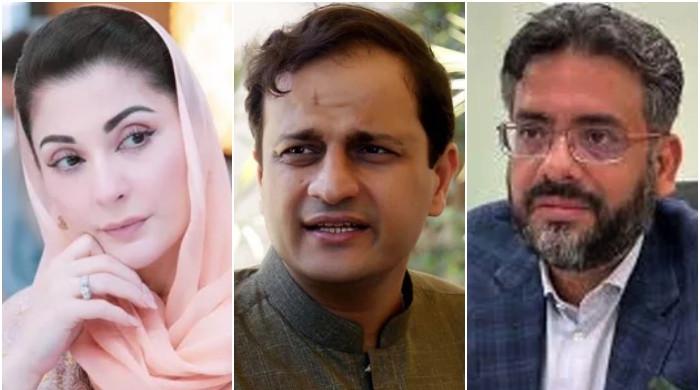Summary:
- Punjab’s recent electricity relief plan, which offers a subsidy on power bills for up to 500 units over two months, has been criticized by opposition parties.
- The PPP and PTI-led governments in Sindh and Khyber Pakhtunkhwa argue that the plan provides only short-term relief and fails to address the root causes of high energy costs.
- Critics call for long-term solutions and better management of energy resources to ensure sustainable relief for all.
Punjab’s new electricity relief plan, unveiled by the ruling Pakistan Muslim League-Nawaz (PML-N), has been met with skepticism from opposition parties. The plan, announced by PML-N President Nawaz Sharif, offers a subsidy on power bills for consumers using up to 500 units in August and September. This move is intended to provide temporary relief to those struggling with high electricity costs.
However, leaders from the Pakistan Peoples Party (PPP) and Pakistan Tehreek-e-Insaf (PTI) have criticized the plan as inadequate. PPP leader Murtaza Wahab labeled the subsidy as a short-term fix, arguing that a substantial Rs45 billion expense for only two months of relief is insufficient. Wahab accused the PML-N of making hasty agreements with independent power producers (IPPs), which he believes are contributing to the problem.
Similarly, KP’s Finance Adviser Muzammil Aslam criticized the plan as a waste of public resources. He pointed out that while Punjab generates electricity at a high cost, Sindh and KP produce it more affordably. Aslam highlighted KP’s own efforts to address energy issues, including a Rs20 billion solarisation project aimed at providing affordable solar systems to families.
Despite the criticisms, PML-N President Nawaz Sharif and Punjab Chief Minister Maryam Nawaz defended the plan. Sharif welcomed the relief package as a historic step, emphasizing ongoing efforts to find a sustainable solution to the power crisis. He noted recent federal government measures, including a Rs50 billion diversion from the development budget, aimed at reducing electricity prices and benefiting consumers.
As the debate continues, the opposition urges the federal government to collaborate on long-term strategies for addressing energy costs, rather than relying on temporary subsidies.

